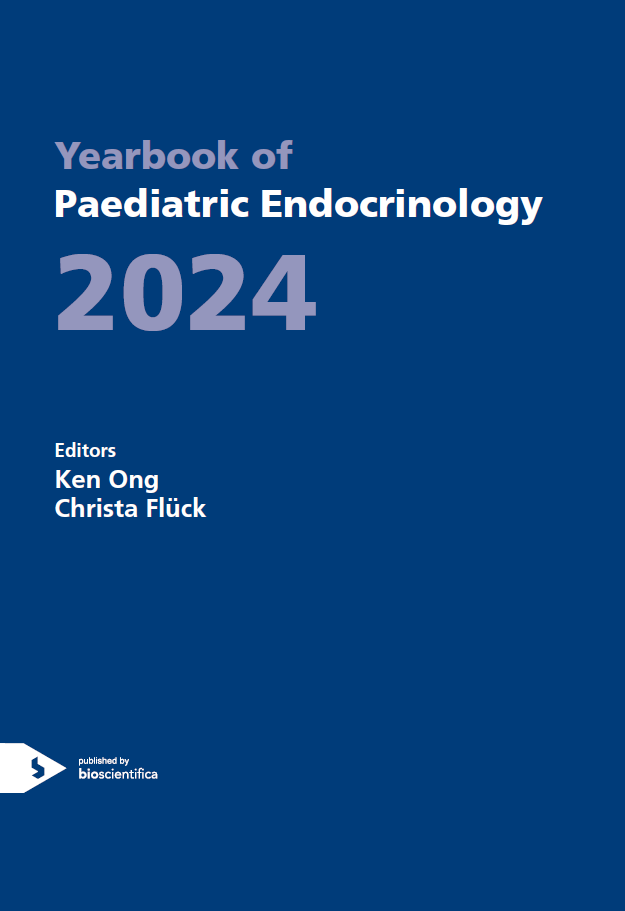4. Growth and Growth Factors
New Paradigms
ey0021.4-7 | New Paradigms | ESPEYB21
4.7. IGF-1 acts through Kiss1-expressing cells to influence metabolism and reproduction
M Wang , SM Pugh , J Daboul , D Miller , Y Xu , JW Hill
Brief Summary: IGF1R signaling in cells expressing Kiss1 gene affects energy balance, food intake, and physical activity in a sex-specific manner. Female IGF1RKiss1 mice showed lower body weight and food intake plus higher energy expenditure and physical activity. This phenotype was associated with higher proopiomelanocortin (POMC) expression. The additional deletion of insulin receptor (IR) in Kiss1-expressing cells reversed the lean phenotype seen in female IGF1R<...
ey0021.4-8 | New Paradigms | ESPEYB21
4.8. Verapamil prevents decline of IGF-I in subjects with type 1 diabetes and promotes [beta]-cell IGF-I signaling
G Xu , J Chen , B Lu , P Sethupathy , WJ Qian , A Shalev
Brief Summary: This study examined the potential benefits of Verapamil, a calcium channel blocker traditionally used to treat hypertension, in Type 1 Diabetes (T1D). It shows that Verapamil can prevent the decline of Insulin-like Growth Factor I (IGF-I) levels, which are crucial for β-cell survival and insulin production. Moreover, Verapamil reduced the expression of IGF-binding protein 3 (IGFBP3), enhancing IGF-I signaling and protecting β-cells from apoptosis. Henc...




